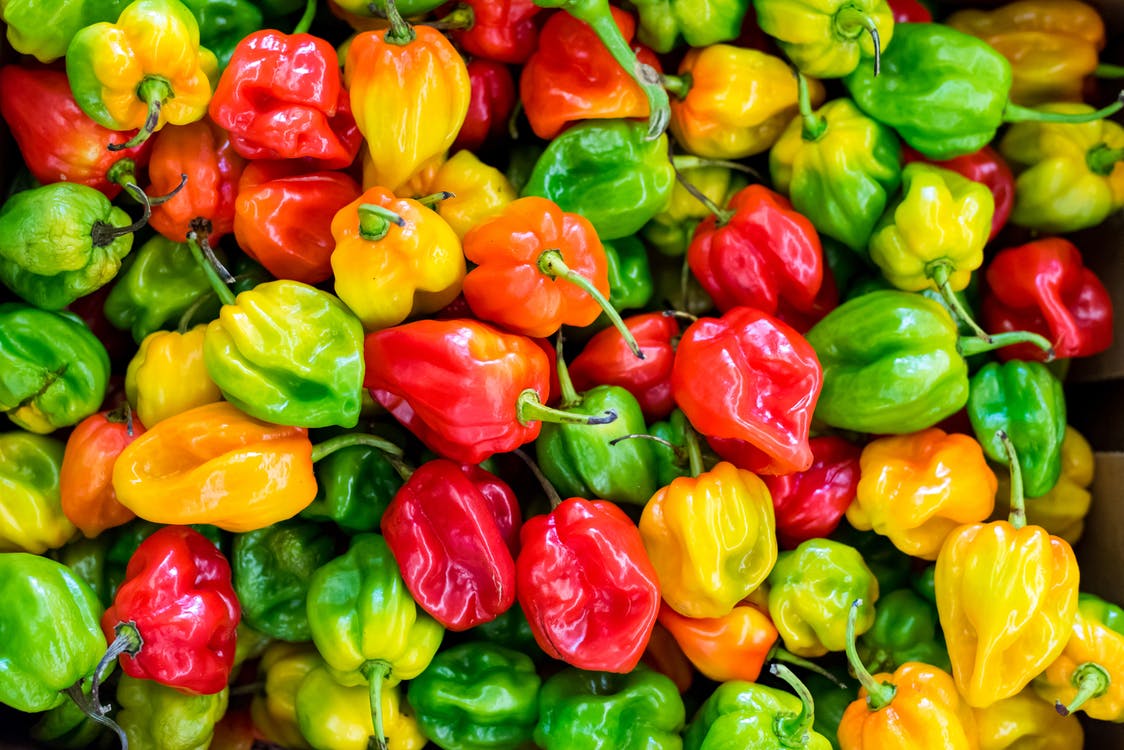The market for halal ingredients is anticipated to develop at a CAGR of 4.9 percent during the estimated period and reach a value of US$ 436.2 billion by 2032, up from US$ 327.4 billion in 2022.
Muslims will still be a minority in North America and Europe, but their share of the global population will increase. By 2030, there will be 59.4 million Muslims living in Europe, a growth of over a third. The Muslim population in North America is anticipated to more than double, which will increase the demand for halal products in these regions. As the GCC countries promote Islamic culture, the term “halal” is becoming increasingly popular.
A wide range of halal business opportunities will be made possible by the expanding and sizable Muslim consumer market around the world. Demand for halal services and goods has increased along with growing knowledge of Muslim consumers’ religious requirements. The demography of Muslims has drastically changed in recent years.
The market for halal ingredients is expanding globally as a result of the rising trend for the use of cruelty-free goods in Europe and other developed economies.
According to a Future Market Insights analyst, “the expanding Muslim population globally and non-Muslim population adopting the halal products together has boosted the rise of halal ingredients.”
Key Market Study Conclusions
- The global market for halal ingredients products is anticipated to grow at a CAGR of 4.9 percent over the anticipated time frame.
- The food and beverage industry dominates the end-use segment, accounting for over 61.2 percent of revenue, and it is anticipated to expand at a CAGR of 4.1 percent during the anticipated period.
- The North American halal ingredients market is anticipated to increase at a CAGR of 5.4 percent from 2022 to 2032, with market size of USD 84.1 billion.
Competitive Environment
To create creative and distinctive product offerings, key manufacturers in the worldwide halal ingredients market are heavily concentrating on research and development. In addition, these leading companies in the halal ingredients market are focusing on joint ventures, mergers, and acquisitions to broaden their geographic reach and boost their current production capacity.
A leader in research and technology, Merck announced in June 2021 that its whole cosmetics portfolio, including the Candurin® pharmaceutical and food portfolio, had been accredited in compliance with several widely accepted halal standards.
As a result, Merck now offers a wider range of halal-certified products, such as special effect pigments, food colorants, and cosmetic components.
With historical data (2017–2021) and projection statistics for the forecast period of 2022–2032, Future Market Insights’ latest report provides an unbiased overview of the global market for halal ingredients products.



































